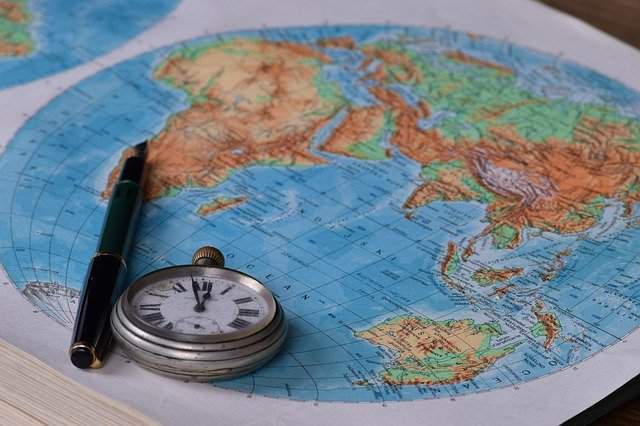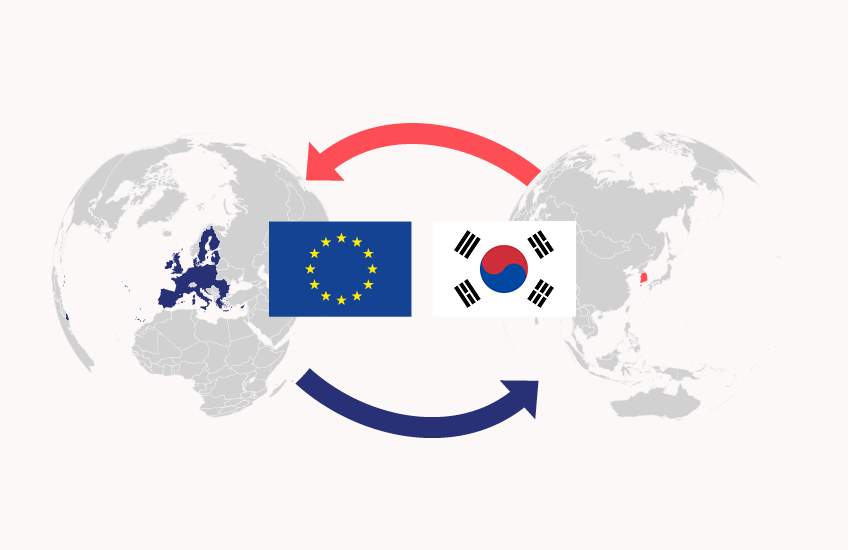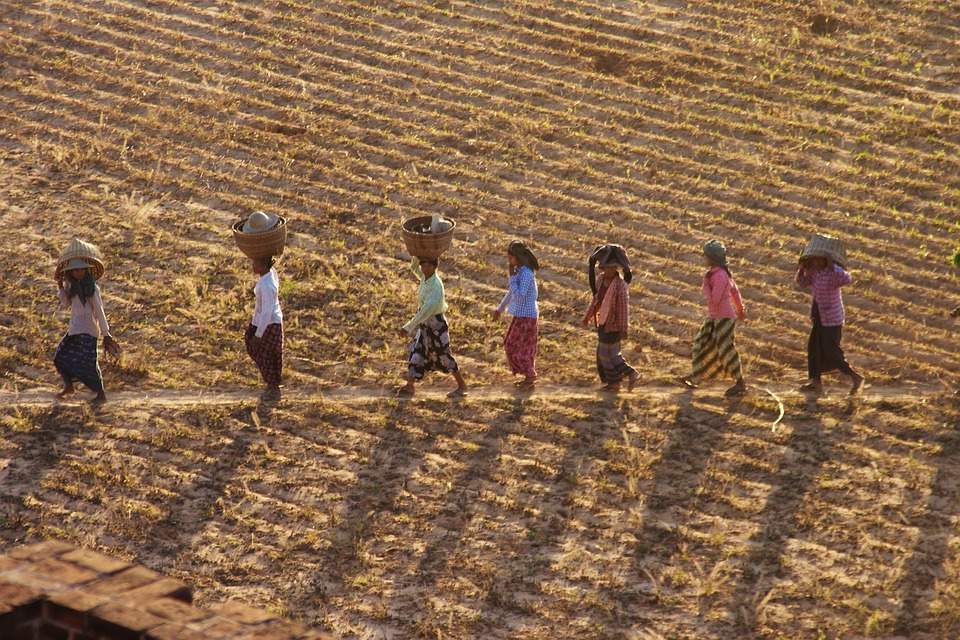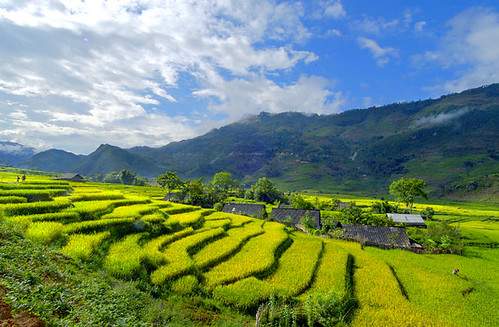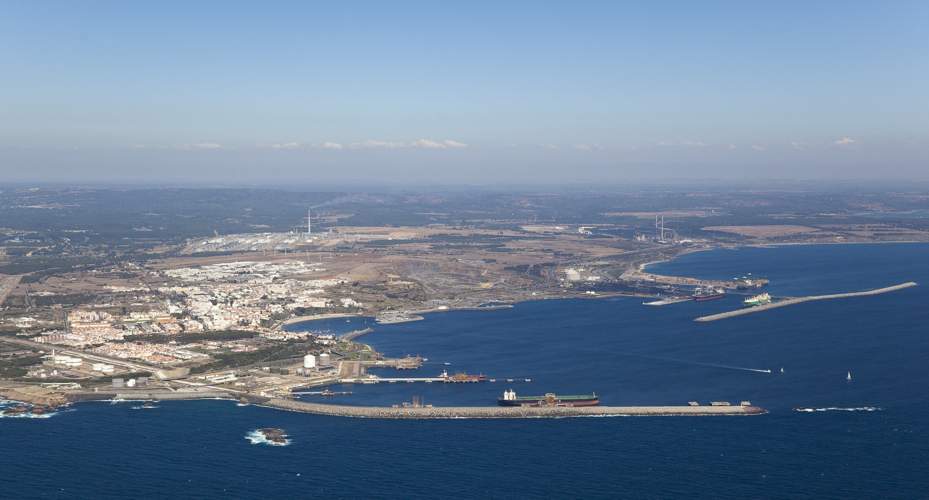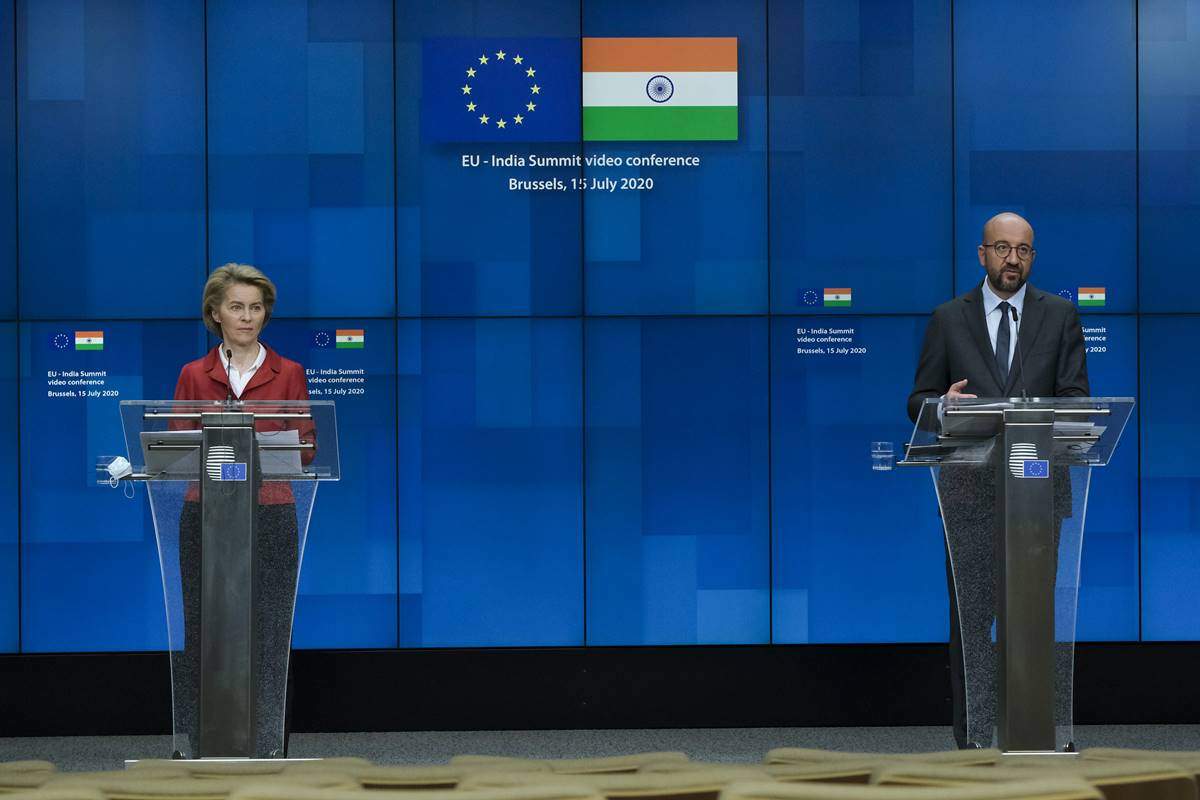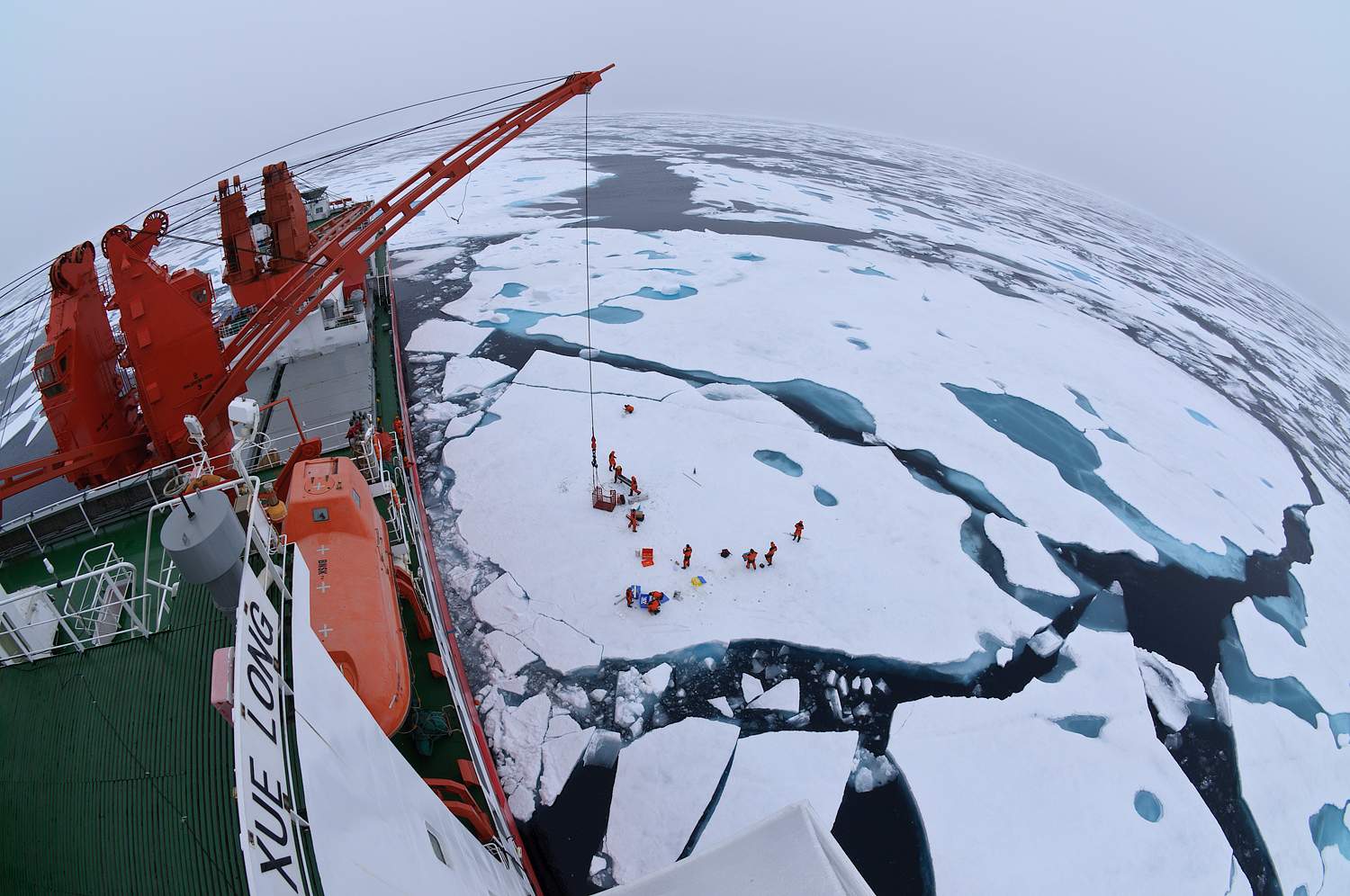
Venturing to the North: The Chinese Quest for Arctic Legitimacy
China seeks to strengthen its circumpolar ties to gain legitimacy as an Arctic stakeholder. Meanwhile, the EU is following a similar path, attempting to balance the display of restraint and the desire to secure its own geopolitical interests in the Arctic region.

